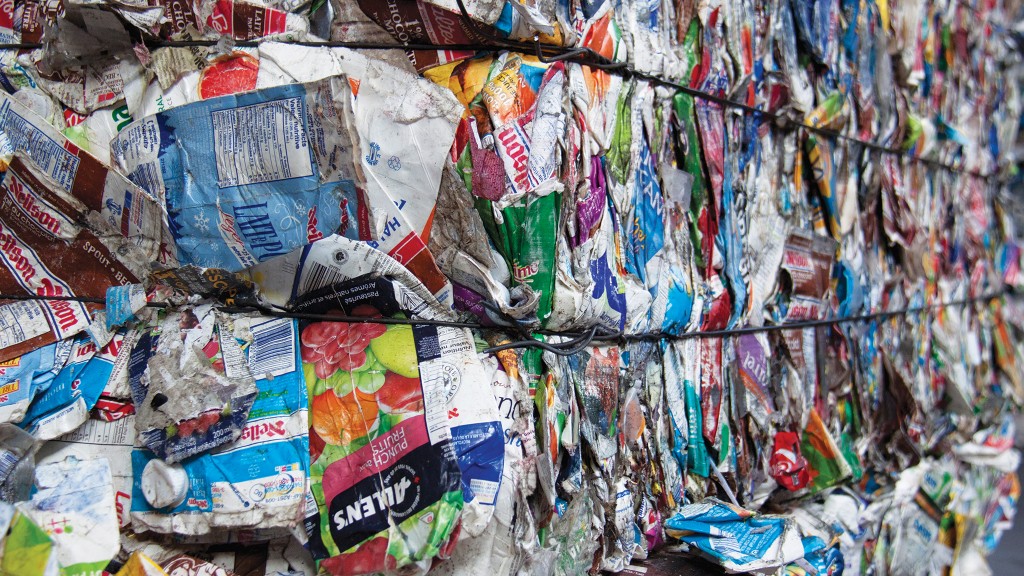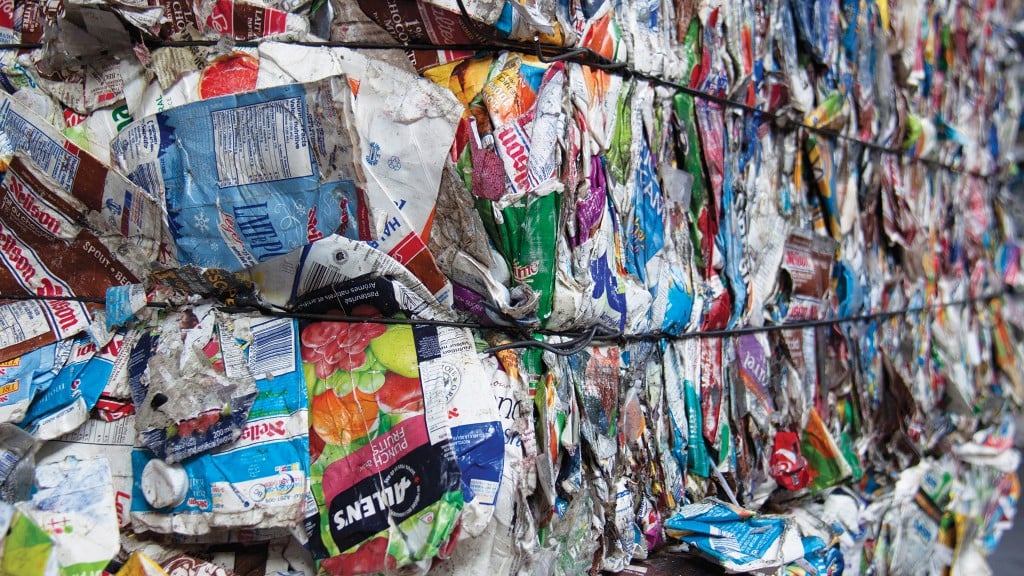
Over the last few years, the carton recycling landscape in Canada has undergone significant change. Carton Council of Canada (CCC) has provided a summary of notable updates to the regulations and operating systems in various provinces and territories in both 2022 and 2023.
The recap below provides an update on this Extended Producer Responsibility (EPR) evolution with a focus on recent changes and those anticipated in 2024.
Ontario
Ontario's Blue Box Regulation sets out a three-year transition to full producer-led EPR for residential paper and packaging materials that began on July 1, 2023.
As of March of this year, 130 communities have completed their transition, including Toronto, Ottawa, and London. One hundred and thirty-two communities, including Peel Region, are expected to transition in 2024; 187 will follow suit in 2025.
Under the new framework, Circular Materials (CM) has a dual role as both the administrator of the common collection system for Blue Box materials and a Producer Responsibility Organization (PRO) responsible for operating a post-collection system for Blue Box material on behalf of its producers. The other PROs in Ontario are Ryse Solutions and H2 Compliance. RLG acts as the day-to-day operator for the common collection system.
CM recently shared some updates regarding the common collection system. Specifically, 265 collection contracts and 27 receiving facility contracts are now in place. Likewise, CM will soon announce the successful proponents for three green field MRF facilities that it recently put out for tender. On a national front, CM's Chief Executive Officer indicated that a consistent material list across Canada should be a reality by 2027. This would be no small feat and a significant advancement for recycling in our nation.
On the broader policy front, industry observers have reported that the province is contemplating changes to both the Blue Box Regulation and the Resource Recovery and Circular Economy Act. Reportedly, the changes being considered pertain to the current framework's outcome-based and competitive PRO features.
Lastly, as reported in CCC's Winter Newsletter, Ontario is consulting with representatives of the beverage and waste management industries on the creation of a Deposit Return System (DRS) for non-alcoholic beverages. The initial timeframe announced for those consultations to wrap up (February 2024) is delayed.
Atlantic Canada
Prince Edward Island
PEI is currently conducting a review of its DRS, exploring the pros and cons of moving to a producer-led model (the current system is operated by the province). In parallel, earlier this month, Environment Minister Steven Myers said his department is looking at doubling the deposit on beverage containers (to 20 cents) in order to triple the payout on returned containers (to 15 cents) to encourage more returns. No details on timing have been shared.
In PEI, juice and water cartons are included in the DRS, while dairy and food cartons are collected in the publicly funded residential recycling program.
New Brunswick
In May 2023, Circular Materials' New Brunswick Stewardship Plan for Packaging and Paper was approved by Recycle NB. The phased plan was deployed in six regional service commissions on November 1, 2023, and will be implemented in the final six between May and November 2024. Roll-out of school and public space service is set for 2024-2027, with multi-family buildings and unserved schools transitioning in 2025. Milk, milk substitute, and non-beverage cartons are included in this new system while beverage cartons (excluding milk) will continue to be managed in the deposit system.
Speaking of which, New Brunswick's DRS is moving to an EPR model as of April 1, 2024. While the deposit amount for non-alcohol beverage containers will remain the same (10 cents), the program will transition to a full-back deposit refund structure. A Container Recycling Fee (CRF) will also be applied to each container material type, like what is in place in British Columbia's and Alberta's DRS. CRF values are available on Encorp Atlantic's web site.
The approved stewardship plan for the modernized DRS lays out the material-specific targets to be achieved over the next five years. The goal for the carton category (which also includes wine boxes) is 34 percent, versus today's 32 percent performance. Likewise, the overall recovery performance target is 75 percent by unit / 79 percent by weight, up from the current 73 percent / 77 percent, respectively.
Nova Scotia
Nova Scotia's new EPR for Packaging, Paper Products and Packaging-like Products Regulations were enacted on August 2, 2023. The target materials are those from residential sources, including schools. The regulations are expected to be fully in force by December 1, 2025.
Under the new model, producers (via their PRO(s)) must implement a province-wide common collection system and must provide, at a minimum, the same service level as currently provided for garbage collection.
The province has also outlined material management requirements by designated material type (five broad categories). Targets for 2026 and 2027 range from 30 percent for flexible plastics to 80 percent for paper.
Quebec
DRS
As previously reported in our Winter Newsletter, the first phase of the modernization of Québec's producer-led DRS, which broadens coverage to all beverage containers of 100 ml to 2L, commenced on November 1, 2023. The addition of beverage cartons to the system, along with all remaining plastic and glass beverage containers, is scheduled for March 1, 2025.
EPR for packaging and paper
In preparation for the transition to a full producer responsibility framework on January 1st, 2025, ÉEQ is in the process of signing partnership agreements with municipal organizations. To date, more than fifty of these agreements have been signed, representing over 60 percent of Quebec's population. Cartons holding non-beverages e.g., soup and cream, will be managed under this new framework.
As we reported one year ago, one aspect that differentiates Quebec's new EPR framework from the other provinces is its scope, as it includes all generators (not just the residential, public space, and school sectors). To prepare for this, starting in 2025, producers will have to report materials destined for the industrial, commercial, and institutional (IC&I) sector. This major change will require adjustments for businesses generating these materials. To help educate those affected by this update, ÉEQ recently held a webinar on the topic.
The Yukon Territory
New EPR regulations for packaging and paper products in the Yukon went into effect on January 25, 2024, and will come into force no later than October 1, 2025.
Beverage, dairy, and creamers are already included in the territory's DRS, so the regulations only target food cartons (e.g., soup, broth).
In conclusion, it continues to be a dynamic environment for recycling in general and cartons in particular in Canada. CCC will continue to monitor these developments and looks forward to continued improvement in the collection and recycling performance of food and beverage cartons across the country.
Isabelle Faucher is the managing director for the Carton Council of Canada.



